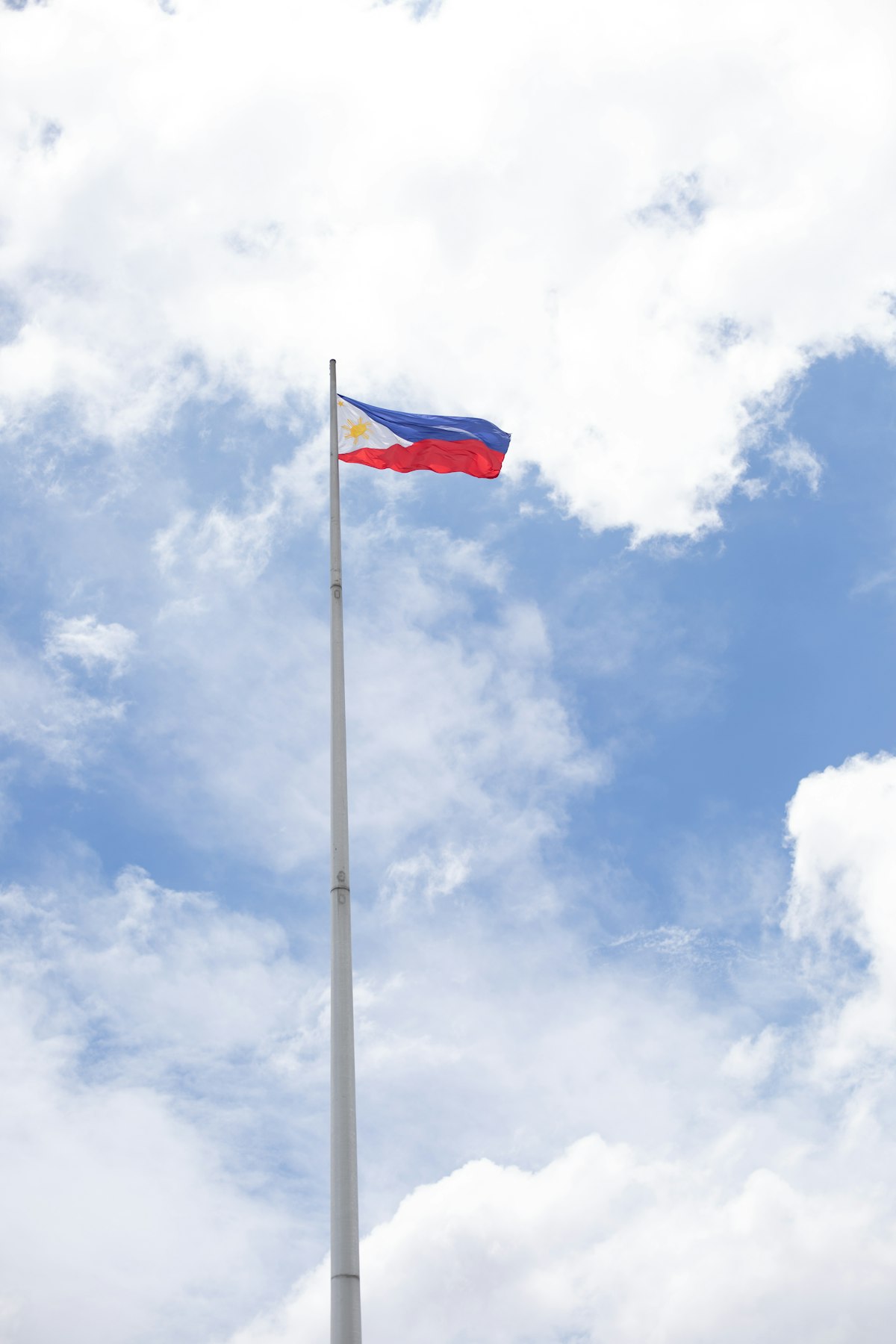The Return of the Marcos: The Marcos Family back in Power in the Philippines

The modern Philippines have been looked at as one of the most deeply democratic countries in developing Southeast Asia, but the current election raises some concerns from the not-so-distant past. The new president, Ferdinand Marcos Jr., also known as Bongbong, won in a remarkable landslide victory after the end of Rodrigo Duterte’s tenure. The former president was known for his harsh personality, his aggressive demeanor, and often brutal war on drugs that changed the course of the country’s history. Before Duterte and his predecessors the government in the Philippines was significantly less democratic under the Dictatorship of Bongbong’s father Ferdinand Marcos Sr.
Marcos Sr.’s early career as a politician saw his family allegedly involved in the killings of political rivals, intimidation, and fraud. He was estimated to have stolen 10s of billions of dollars from the national bank to support his family’s luxurious lifestyle as dictator. The entire regime itself was described as a kleptocracy, a government whose sole purpose is to steal from the people. With a government as corrupt and violent as this one, it is no surprise the amount of instability and anti-government sentiment it created. Eventually in a popular revolution the Marcos family was ousted from power and sent into exile in Hawaii, an anything but peaceful resignation. In the United States Bongbong and his mother are facing charges after denying a court order to pay back some of the money stolen by the former president in a settlement to the victims of the human rights violations, nearly 450 million dollars. They are currently on the run and will not likely face justice or recourse in the United States. For many people this would have been the of their influence but for Bongbong this wasn’t the end of his political career. In fact, this was truly the beginning when he could return to the Philippines after the settling of the revolution to again enter the world of politics. When he finally reached the top, he lost his first bid for the Vice Presidency after a highly contested and tight knit race but with Duterte’s reign coming to an end it was clear that new alliances had to be made to both secure the succession and ensure that the right people got into the right places.
One of the reasons that Bongbong has now been allowed to rise to the top of Philippine politics is his alliance with Duterte’s daughter, his new running mate. This alliance called by Bongbong the “Uniteam” felt almost like a medieval marriage between the noble families of the Philippines to secure a power sharing situation. The new presidency itself in Marco’s opinion should be looked at from the perspective of “Judge me not by my ancestors, but by my actions.” While this has not eased many people’s mind regarding possible human rights abuses committed in the last years in the Philippines it does mean that this alliance points towards the idea that the former policies will continue especially regarding international relations and the war on drugs. With this in mind, the future and stability of the Philippine democracy is uncertain at best.


